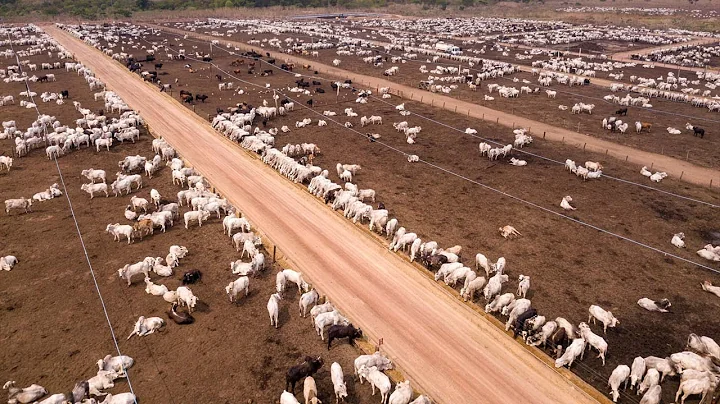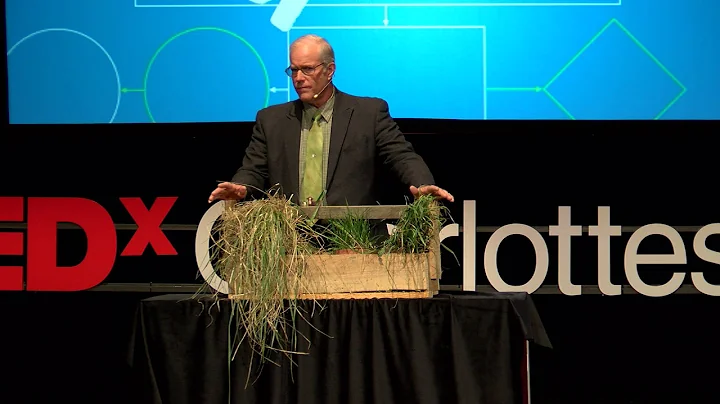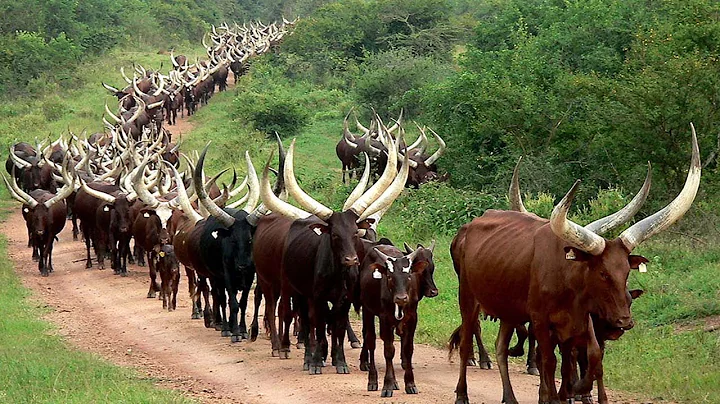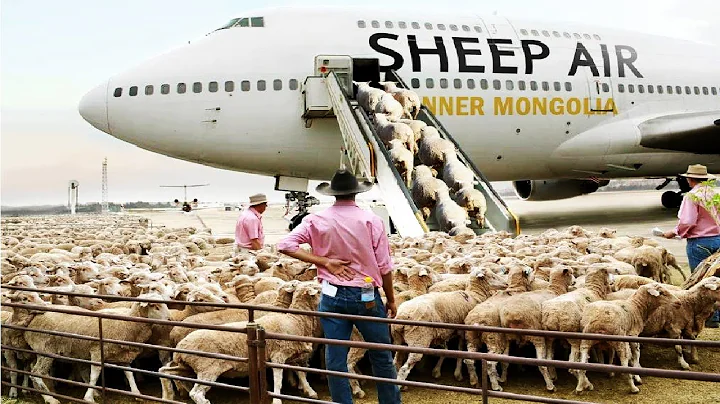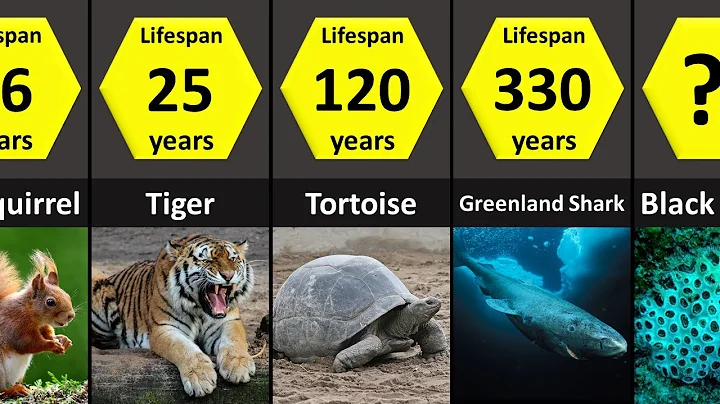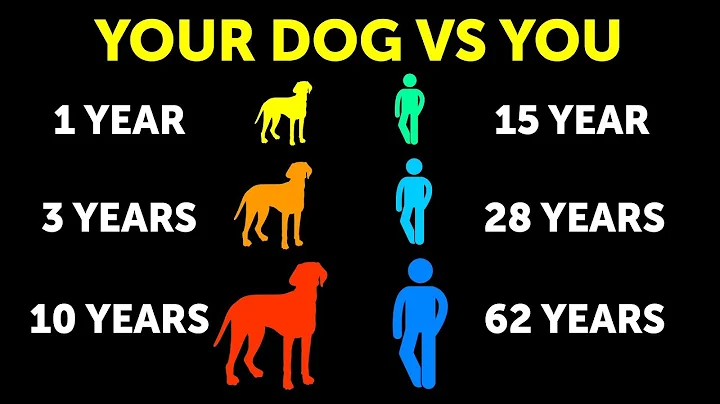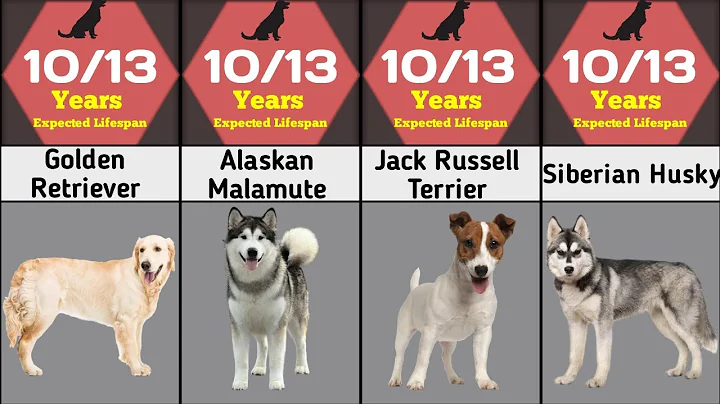
Cows have played an important role in our agricultural era, although our country has basically entered the mechanization era. But we still cannot do without the contribution of cattle in our daily lives. If you have been to the zoo or lived in the countryside and observed carefully, you will find that the cows are chewing constantly even when they are not eating, as if they are eating normally. You must be curious about what they are doing? In fact, this is a unique digestive phenomenon of cattle, called "rumination ". Generally, animals have one stomach, but cows have four stomachs, namely rumen , honeycomb stomach, double omasum and abomasum . These stomachs have different functions. The food eaten by the cow goes directly to the rumen and then to the hive stomach without chewing it carefully. After fermentation, it is returned to the mouth for constant chewing, which is very similar to that of a camel. After chewing again, it directly enters the omasum and is finally sent to the abomasum for absorption. This is why cows keep chewing their food even if they don't eat it. In addition to cattle, sheep, camels, deer and other animals also chew cud. This is a habit left over from their evolution. In this way, you can also eat as much food as possible to meet the nutrients your body needs when food is scarce.
